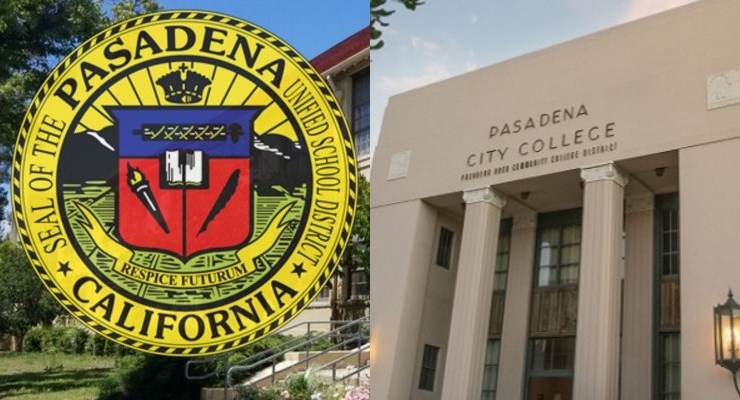
Robert Lapsley, president of the California Business Roundtable, speaks during a Senate Finance Committee hearing in 2020. His organization is backing a ballot measure that would make it harder to raise taxes. Photo by Anne Wernikoff for CalMatters
Californians will be coughing up many billions of dollars this month as they file their federal and state income tax returns and pay the second installment on their property taxes.
How much?
Annually, individual Californians and California-based businesses pay roughly a half-trillion dollars in federal taxes – personal income taxes, Social Security and Medicare payroll taxes, primarily. They also pay at least another half-trillion dollars to state and local governments – personal income taxes, sales taxes and property taxes, primarily.
By any measure, California is a high-tax state.
The Tax Foundation, a Washington-based organization that tracks nationwide tax trends, recently reported that California’s state government levies the nation’s highest taxes per capita at $7,200, which translates into about $280 billion a year. As a portion of California’s $4 trillion economy, its $540 billion in state and local taxes rank fifth highest at 13.5%.
These numbers – and the state’s multibillion-dollar budget deficit – set the stage for a monumental, multi-front war over taxation this year, including three statewide ballot measures that could dramatically alter the politics of taxation.
The Democratic Party’s progressive wing, strongly backed by public employee unions, contends that new taxes are needed to maintain vital welfare, education and health care services. However, Gov. Gavin Newsom has publicly rejected tax hikes and proposes a budget that closes the deficit, at least on paper, with spending deferrals, bookkeeping maneuvers, loans and an injection of money from the state’s rainy day reserves.
Two years ago, California’s two most authoritative polling organizations, UC Berkeley’s Institute of Governmental Studies and the Public Policy Institute of California, asked residents about their tax burdens and both found increasing discontent, in part because they were feeling the pinch of other costs of living.
The polling punctuated voters’ rejection of a tax increase measure on the 2020 ballot that would have changed Proposition 13, the iconic property tax limit approved by voters in 1978, by increasing taxes on commercial property.
Hoping to leverage popular resistance to tax increases, business and anti-tax groups led by the California Business Roundtable have qualified a measure for the November ballot that would make raising state and local taxes much more difficult.
If passed, the measure would require two-thirds votes for any local tax increases, effectively overturning a state Supreme Court ruling that local taxes proposed via initiative require only simple majority votes. It also would subject any state tax increases to voter approval as well as two-thirds votes by the Legislature.
The measure’s qualification has touched off a legal and political war with Newsom, the Legislature and pro-tax interests, such as unions. Newsom and the Legislature have filed suit, hoping to persuade the state Supreme Court that the measure is a constitutional revision, rather than an amendment, and thereby cannot be enacted by initiative.
The contending interests have filed written arguments with the court, which has not formally decided whether to accept the case. If it does, it will have only a few months to declare whether or not the measure goes on the ballot.
The Legislature has also placed its own measure on the ballot that, if passed, would require the business tax limit measure itself to get two-thirds voter approval. And it passed another ballot measure to reduce vote margin for local tax and bond measures that increase spending on housing and infrastructure to 55% from the current two-thirds, potentially nullifying the Business Roundtable measure.
It’s a showdown that’s been building for nearly five decades, ever since Prop. 13 won approval. With countless billions of dollars at stake, hundreds of millions of dollars are likely to be spent for and against the three interrelated measures.
CalMatters.org is a nonprofit, nonpartisan media venture explaining California policies and politics.














 6 comments
6 comments


